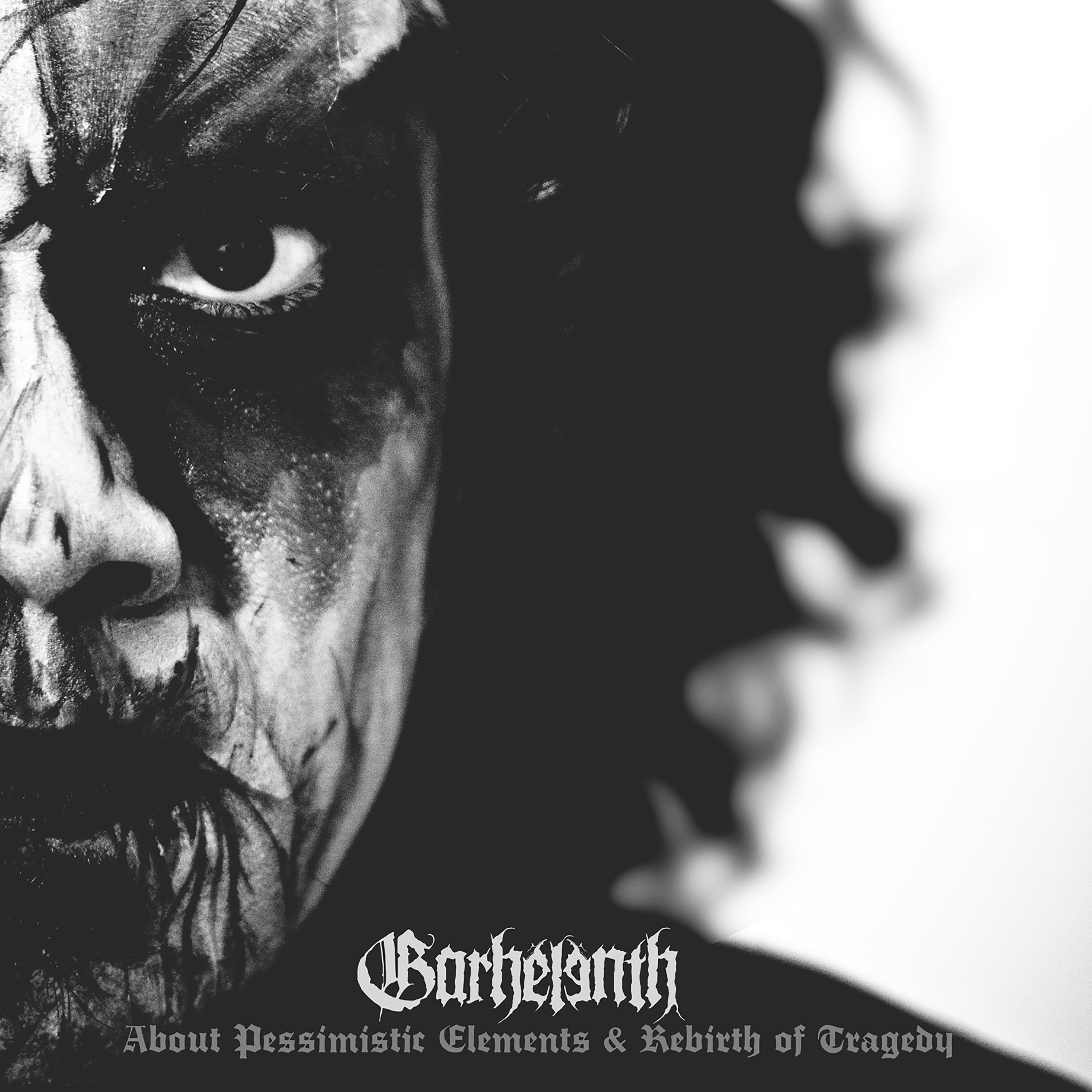Unlocking the Mystery of Dead Peter: A Deep Dive into the Enigmatic Figure
Guide or Summary:Introduction to Dead PeterThe Origins of Dead PeterWhy Dead Peter Captivates AudiencesDead Peter in Popular CultureThe Psychological Impact……
Guide or Summary:
- Introduction to Dead Peter
- The Origins of Dead Peter
- Why Dead Peter Captivates Audiences
- Dead Peter in Popular Culture
- The Psychological Impact of Dead Peter
- Conclusion: The Legacy of Dead Peter
#### Description:
Introduction to Dead Peter
Dead Peter is a figure shrouded in mystery and intrigue, capturing the attention of many across various platforms. This enigmatic character has sparked curiosity and debate, leading to a plethora of discussions in both online forums and social media. But who exactly is Dead Peter, and what makes him such a compelling subject? In this article, we will explore the origins, significance, and the cultural impact of Dead Peter, providing a comprehensive understanding of this fascinating figure.
The Origins of Dead Peter
The story of Dead Peter can be traced back to a combination of folklore, urban legends, and modern digital culture. Initially, he emerged as a character in a popular web series that blended horror and dark humor. As the series gained traction, Dead Peter became a symbol of various themes, including mortality, the afterlife, and the human condition. The character's portrayal has evolved over time, leading to a rich tapestry of interpretations that resonate with audiences worldwide.
Why Dead Peter Captivates Audiences
One of the primary reasons Dead Peter captivates audiences is his relatability. Despite being a fictional character, he embodies the fears and uncertainties that many people face regarding death and the unknown. This connection allows viewers to engage with the narrative on a personal level, making Dead Peter not just a character, but a reflection of their own thoughts and feelings about life and death.
Additionally, the allure of the macabre often draws people in. The combination of humor and horror in the portrayal of Dead Peter creates a unique viewing experience that keeps audiences on the edge of their seats. This duality is a powerful storytelling tool that enhances the character's appeal and invites deeper exploration of the themes presented.

Dead Peter in Popular Culture
As Dead Peter gained popularity, he transcended his original web series to become a cultural phenomenon. Merchandise, memes, and fan art began to circulate, further solidifying his place in contemporary culture. Social media platforms have played a significant role in this expansion, with users sharing their interpretations and creative takes on the character. This grassroots movement has helped to create a community of fans who celebrate and dissect every aspect of Dead Peter's persona.
The Psychological Impact of Dead Peter
The character of Dead Peter also serves as a fascinating case study in psychology. The way audiences react to him can reveal much about societal attitudes toward death and the afterlife. For some, Dead Peter may evoke fear or anxiety, while for others, he represents a source of comfort or understanding. This dichotomy can lead to meaningful discussions about how different cultures perceive death and the ways in which these beliefs shape our lives.
Conclusion: The Legacy of Dead Peter
In conclusion, Dead Peter is more than just a fictional character; he is a cultural icon that embodies complex themes and resonates with audiences on multiple levels. His origins, appeal, and impact on popular culture showcase the power of storytelling and its ability to connect individuals to universal experiences. As we continue to explore the depths of Dead Peter's narrative, we invite readers to reflect on their own perceptions of mortality and the stories we tell ourselves about life and death.

By understanding the allure of Dead Peter, we can appreciate the rich tapestry of human experience that he represents, making him a compelling figure in both literature and modern media.